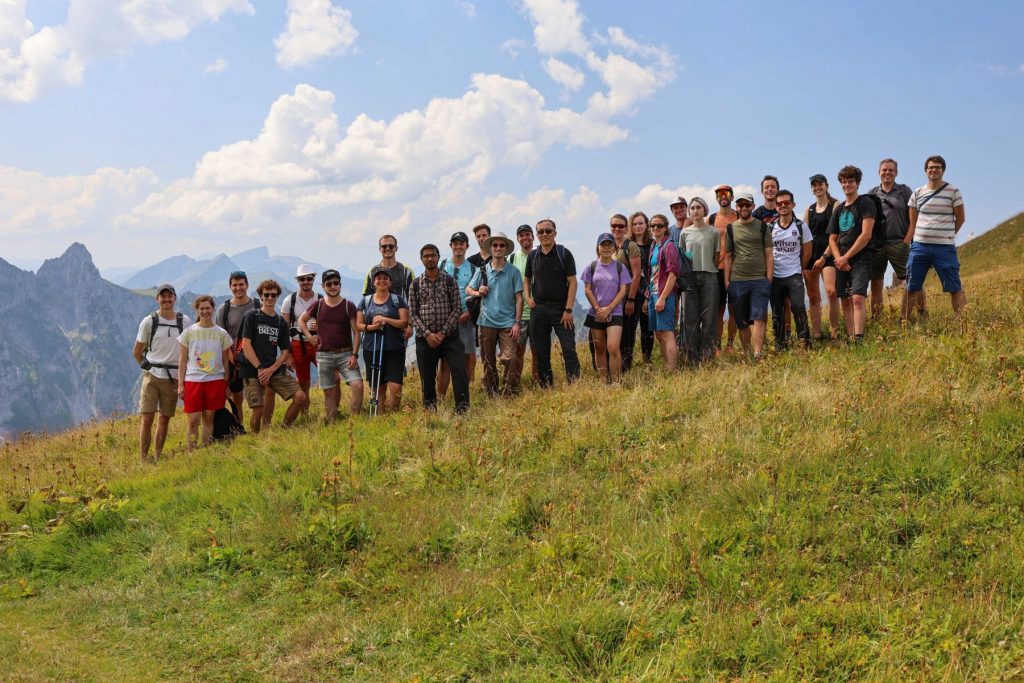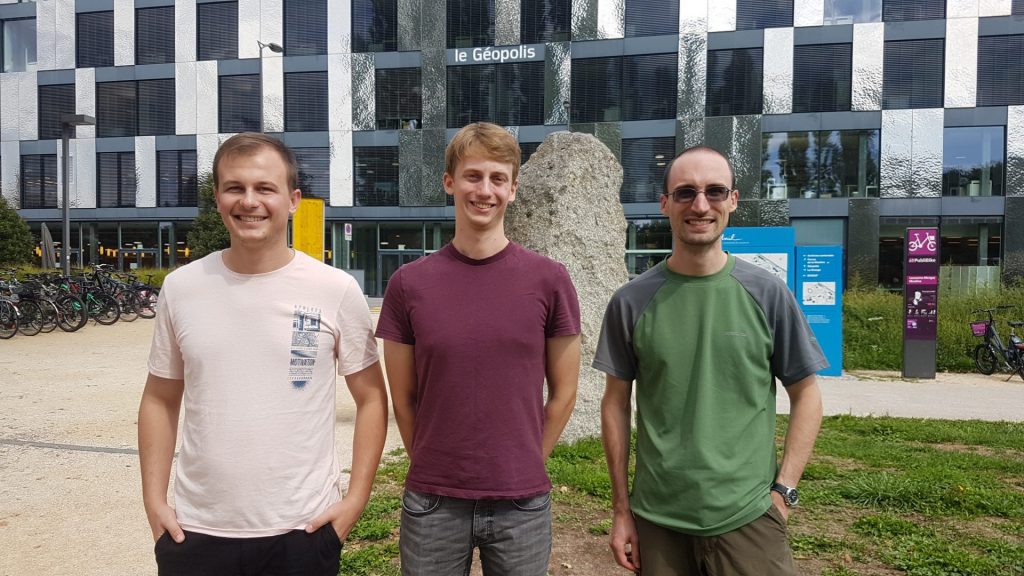IGM-OGGM workshop
Financially supported by the CIRM, our group organized a one-week workshop in Château-d’Œx (August 26-30, 2024), bringing together 30 international glaciologists to discuss recent advances in numerical modeling of glacier evolution under various climate scenarios . In recent years, the glaciological community has made significant progress in developing open-source models for projecting glacier dynamics. For example, these models have allowed the simulation of the reduction of Alpine glaciers, a study from our group. The global model OGGM (Open Global Glacier Model) has existed for several years, supporting a community of over 200 users with annual workshops since 2016. Since 2021, our team has also been developing the IGM model, integrating artificial intelligence to surpass computational limitations. With around 60 users worldwide, IGM is applied in various contexts. In this dynamic, this joint OGGM-IGM workshop is organized to bring together these two communities, foster exchanges, and shape the future of open-source glacier modeling. Primarily intended for PhD students and post-doctoral researchers in glacier modeling, this event covers a range of topics: data assimilation, paleoclimatic and global modeling, visualization techniques, data management, and model comparison. Each participant presents their work, and excursions around Château-d’Œx as well as social events will help create a collaborative and friendly environment.


